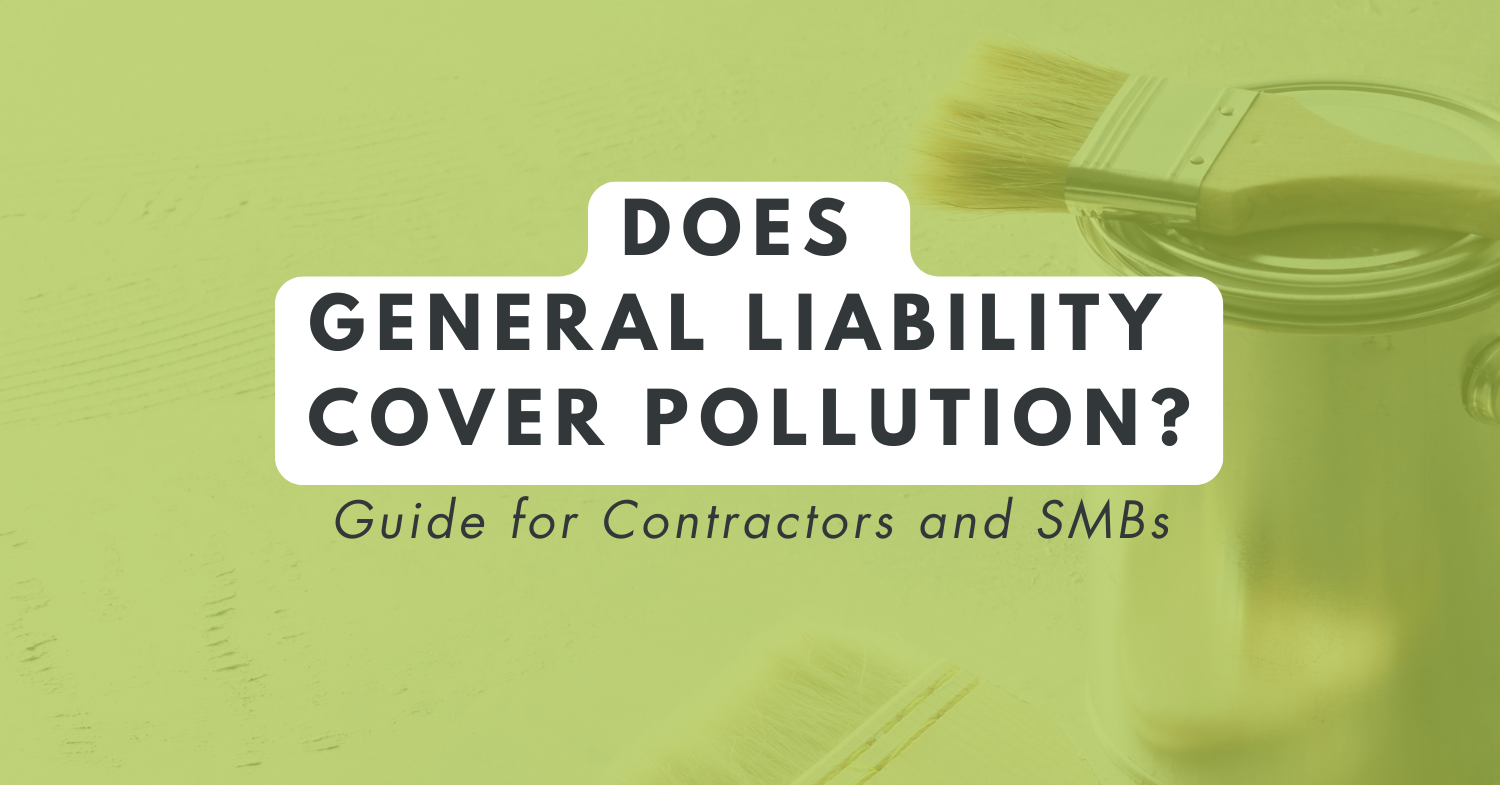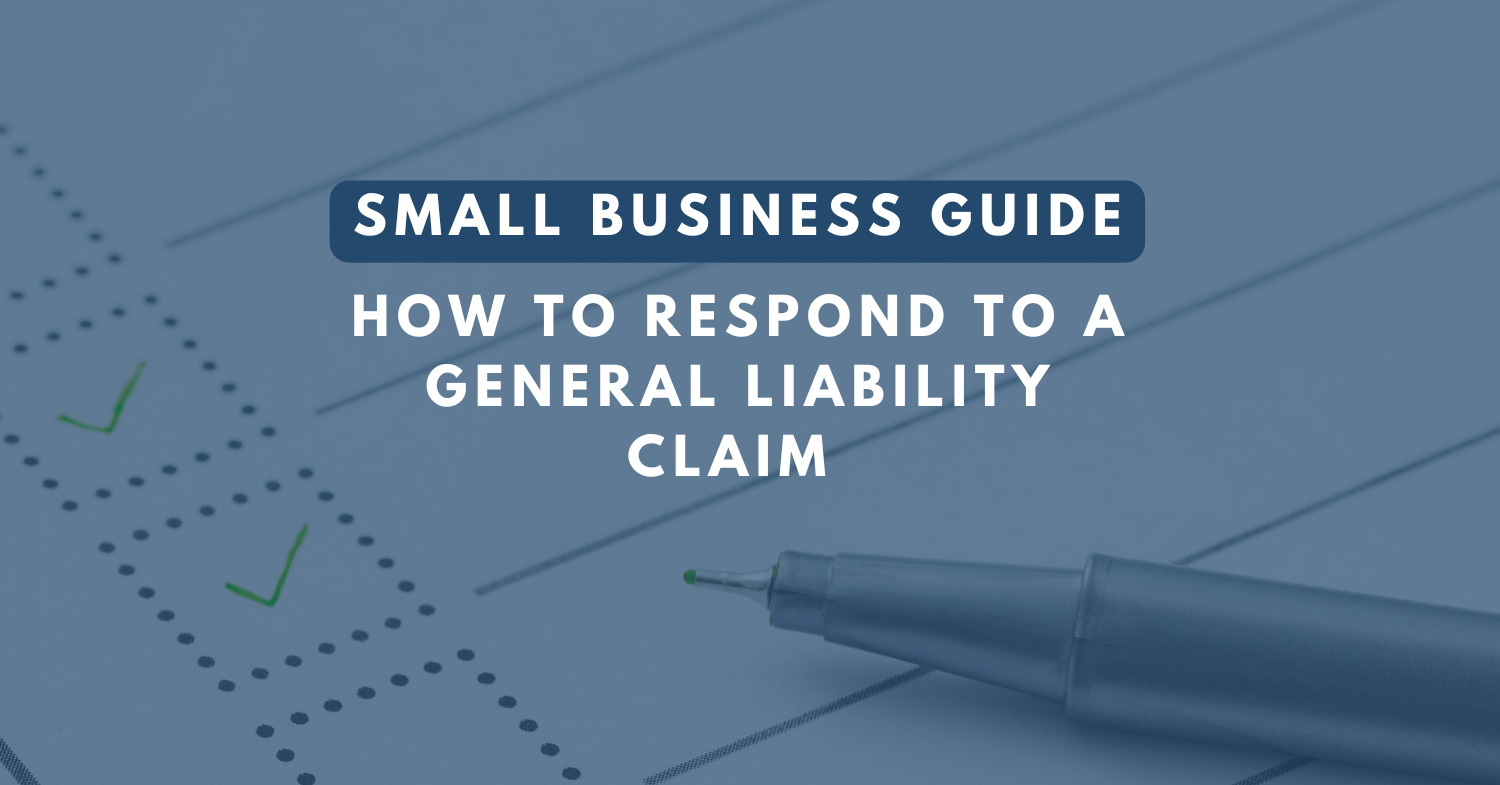Certificate Holder vs. Additional Insured: Key Differences Explained
See How We're Different
or call us: (858) 384‑1506
Understanding the Difference Between a Certificate Holder and an Additional Insured: A Clear Guide for Business Owners
In business insurance, two terms that often cause confusion are “certificate holder” and “additional insured.” As a business owner, you’ve likely encountered these terms when dealing with insurance policies and contracts or seeking coverage. Understanding the distinction between a certificate holder and an additional insured can help you protect your business more effectively and avoid costly mistakes.
At Fusco Orsini & Associates, we want to help you navigate these insurance complexities, and in this blog post, we’ll break down the differences in technical terms and easy-to-understand language. Our goal is to ensure you clearly understand what each term means and how it applies to your insurance policy.
Why Is Knowing the Difference Important?
When managing risk through insurance policies, especially in construction or service contracts, understanding the difference between being a certificate holder and an additional insured can have major legal and financial implications. One of the most common misconceptions is that being listed as a certificate holder provides the same protection as being an additional insured. This misunderstanding can lead to significant coverage gaps, exposing your business to potential liabilities.
Let’s take a closer look at both terms.
The Definition of a Certificate Holder
According to the International Risk Management Institute (IRMI), a certificate holder is:
“The entity that is provided a certificate of insurance as evidence of the insurance maintained by another entity. In standard certificate forms, the certificate holder is usually listed in the space provided for that purpose.”
In simpler terms, a certificate holder receives proof of insurance from another party. For example, if you hire a contractor, you might ask for a certificate of insurance (COI) to confirm that they have an insurance policy, and you will be listed as the certificate holder. This certificate proves that the contractor is insured, but it does not give you any rights under their insurance policy.
Being a certificate holder is essentially about verifying that the party you’re working with has the required business insurance. However, this status does not grant you legal or financial protection under the insurance policy.
The Definition of an Additional Insured
An additional insured, on the other hand, is defined by IRMI as:
“A person or organization not automatically included as an insured under an insurance policy who is included or added as an insured under the policy at the request of the named insured.”
This means an additional insured is a person or organization added to another party’s insurance policy, giving them certain rights and protection under that policy. This often occurs when there is a contractual obligation between two parties. For instance, if you’re leasing a commercial property, your landlord might ask to be listed as an additional insured on your general liability insurance. By doing this, the landlord gains protection under your insurance policy if a liability claim arises, such as property damage or injury.
Unlike a certificate holder, an additional insured is actively protected under the insurance policy, meaning they can make claims and access coverage in case of an incident.
Breaking It Down in Non-Specialists’ Terms
Let’s make this even clearer:
- A certificate holder is given proof of insurance from another party. They have no coverage under the insurance policy itself.
- An additional insured is a person or entity added to an insurance policy and actually protected under that policy. This status allows them to claim and seek protection under the policy’s coverage.
For example, if you are a contractor and hire a subcontractor, you may ask for a certificate of insurance to verify they have business insurance. As the certificate holder, you know the subcontractor is insured, but you don’t have any rights under their insurance policy.
However, if you request to be added as an additional insured, you will be protected under their policy for claims related to their work on your project. This is especially important in industries like construction, where accidents and liabilities are common.
When Might You Need Additional Insured Status?
There are several situations where requesting additional insured status is not only wise but necessary:
- Construction Projects: Contractors and subcontractors often request or are required to add the property owner as an additional insured. This protects the owner if the contractor’s work leads to property damage or bodily injury.
- Leasing Property: If you lease commercial space, your landlord will likely require you to list them as an additional insured on your general liability insurance policy. This protects the landlord if any accidents or damages occur on their property due to your business operations.
- Vendor and Service Agreements: If you hire vendors or service providers to work on your property, adding them as additional insured can ensure you’re covered in negligence or accidents.
Reviewing the Endorsements Carefully
Simply being listed as an additional insured isn’t always enough. It’s crucial to review the policy endorsements that specify what kind of protection is provided. Not all additional insured endorsements offer the same level of coverage.
Some endorsements limit coverage to specific activities or locations, while others may provide broader protection. For example, a common endorsement might only cover you for liabilities directly tied to the named insured’s work, while broader endorsements might protect you against related claims.
The Role of Certificates of Insurance
A certificate of insurance is often used in business transactions to verify insurance coverage. While it’s important to request certificates, it’s equally important to understand their limitations. Being named as a certificate holder only ensures you receive proof of insurance but does not provide the same protections as being an additional insured.
For instance, in the construction industry, contractors might present a certificate of insurance to comply with contractual obligations, but unless you’re specifically added as an additional insured, you won’t have the same rights under their insurance policy.
Avoiding Common Misconceptions
It’s easy to fall into the trap of assuming that being a certificate holder means you’re automatically covered by the insurance policy. This is one of the most common misconceptions. Remember, a certificate holder only receives proof of insurance. For true protection, you must be added as an additional insured.
Another common misunderstanding is believing that all additional insureds receive the same level of coverage. The extent of your protection depends on the language in the endorsement. This is why it’s critical to work with an experienced insurance advisor who can help you understand the specifics of the coverage and ensure it aligns with your risk management needs.
How Can Fusco Orsini & Associates Help?
At Fusco Orsini & Associates, we specialize in helping business owners navigate complex insurance requirements. Whether you need help to understand your status as a certificate holder or to ensure you’re properly covered as an additional insured, our team is here to assist you.
We invite you to connect with one of our experienced agents by filling out the form below or calling our office at 858-384-1506. Let us help you protect your business with the right insurance coverage.
Thank you for visiting, and we look forward to helping you secure the best possible protection for your business!







